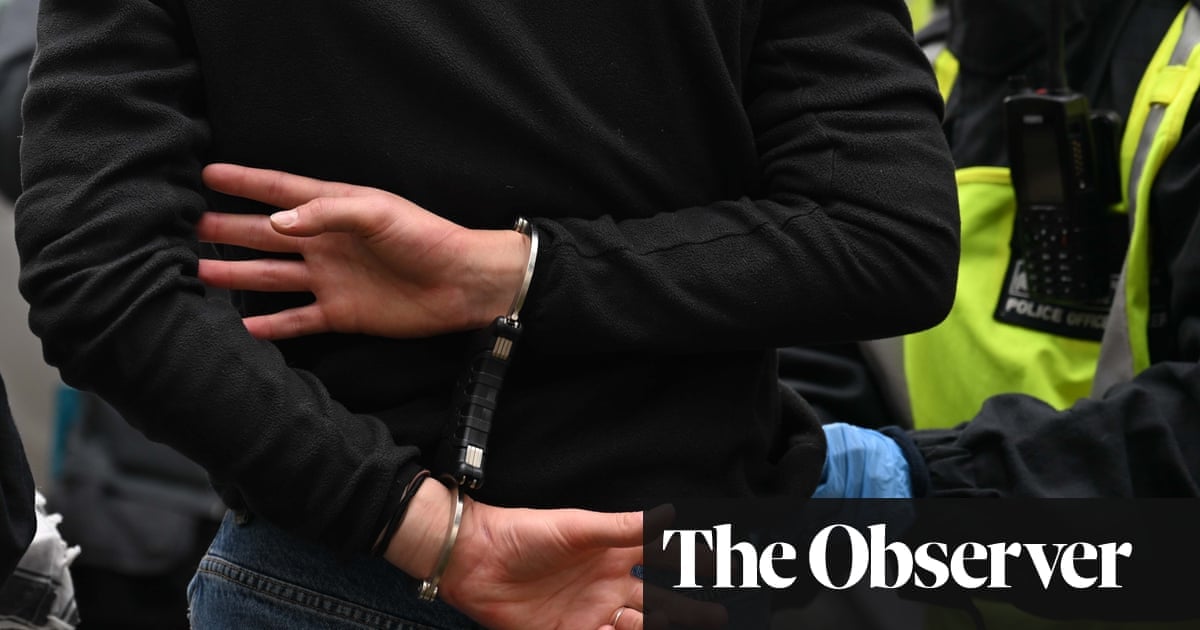Images of arrested people who were innocent of any crimes are still being stored in a police database that may be used for facial recognition purposes, an official report has warned.
In 2012, the high court ruled that keeping the images of people who faced no action or who were charged and then acquitted was unlawful.
Despite the ruling, custody images of innocent people are still on the Police national database, which is available to all UK police forces and selected law enforcement agencies. The images can be used for facial recognition checks of potential suspects.
The annual report of the biometrics and surveillance camera commissioner stated: “Forces continue to retain and use images of people who, while having been arrested, have never subsequently been charged or summonsed.



They do it with fingerprints, genetic samples, and statements… But over all the decades, mugshots its too far!
I think people forget that we used to have everyone’s names, addresses, and phone numbers delivered for free to our doorsteps.
There’s a whole section of law that determines when the police are able to take DNA samples or fingerprints, and more laws for how long they can keep that information.
It’s regulated. And bringing face recognition under biometric regulation is a no-brainer.
Because police follow the law…
you, uh, know they still make the yellow pages? you can get one yourself.
Also, who ones what property is generally public information. It’s difficult to imagine, however, how you owning a certain proprety can be used as evidence, for example, in the killing of an asshole insurance ceo.
Your photograph could be used to link you to that, however.
Also, while it’s reasonable to assume the cops have done due diligence on that guy they keep flashing around. But also, it’s reasonable to take a step back and ask “how do they know”. There’s a non-zero chance that guy just popped up on a city-owned surveillance camera and popped on facial rec’ because he has similar eyebrows.
There’s two massive issues at play with facial recognition. the first is that it’s rather far from perfect- especially on shitty and grainy security cameras and the algorithm doesn’t get to say “uh, I don’t know”. it’s expected to give a “yes/no” answer (even if they try to soften it with a percentage probability… it’s used as a yes-no/) . The second is that cops (and people in general) almost always assume the aglo is right.
So it’s entirely possible that the guy in the photo is completely uninvolved.
As for how this is relevant? they need to have photographs to match to; or fingerprints. or DNA. (though they could just as easily use your cousin’s… Yeah. you know those DNA ancestry kits you got for xmas? they fucked you over with those.)
They can’t grab your fingerprints while you’re walking down the street minding your own business. And genetic samples are regulated. Them building a database of facial recognition in one of the most surveilled countries in the world should be a cause for concern. Think zero privacy. It’s the same with phones. We don’t want that information just out there, tracking every single thing. same concern. (For those of us that care about privacy, that is)